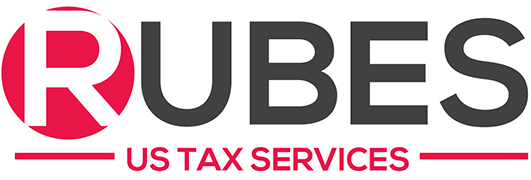Is tax payable in the US?
Global income (from employment or from assets) should be declared through the annual US tax return. In the US, income from work or income as a self-employed entrepreneur or pension income should be declared. In addition, you should also declare income from property, i.e. the actual interest received, dividends received on shares. If assets are sold, the profits earned (i.e. this is the difference between the purchase price and the sales price) in principle fall under the US tax levy. On the other hand, losses in sales may also be settled.
The US wants to initially raise tax on this taxable income, but it doesn’t mean that one will actually be paying taxes to the IRS.
In the US, there are a number of facilities to prevent double taxation. One can claim the so-called “Foreign Earned Income Exclusion” for income from employment (paid employment or income from self-employment). This is a deduction of up to $100,800 (for 2015). For other income, one must fall back on another facility, the so-called “Foreign Tax Credit” which means the paid income tax, excluding national insurance premiums, can be settled with U.S. tax in the Netherlands (box 1, 2 or 3). However, it is a misconception that the Dutch box 3 tax doesn’t qualify for this as the Dutch charge is based on a flat-rate yield of 4% (or a disguised wealth tax) instead of the income received.
Based on the credit method in the US, one will only have to pay tax in the US if the Dutch tax rate is lower than the U.S. rate, or if the income is exempt in the Netherlands. This can include things that may be taxed in the US and not in the Netherlands, or taxed lower, such as rental of real estate, certain benefits, investment products or sales of real estate.




